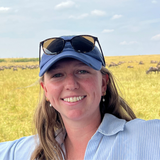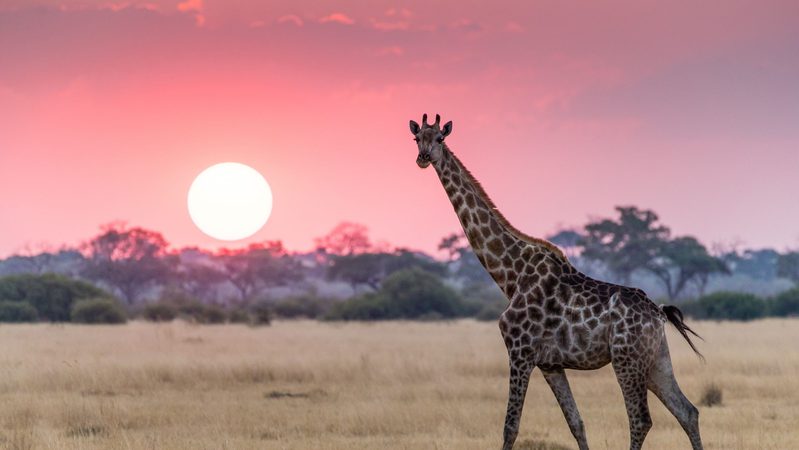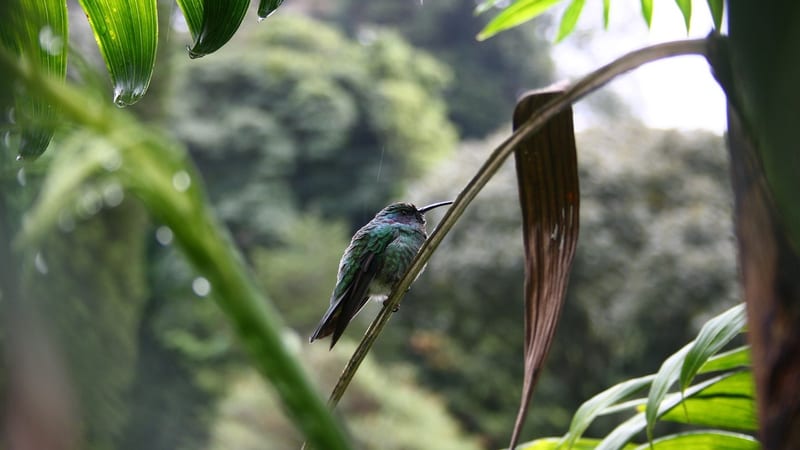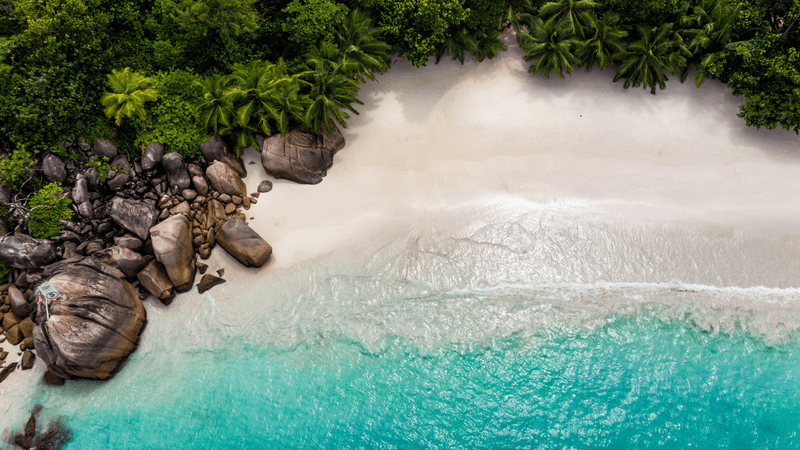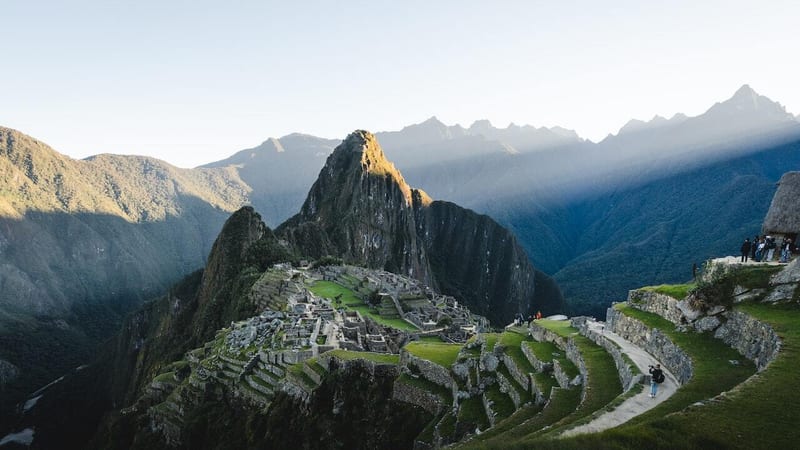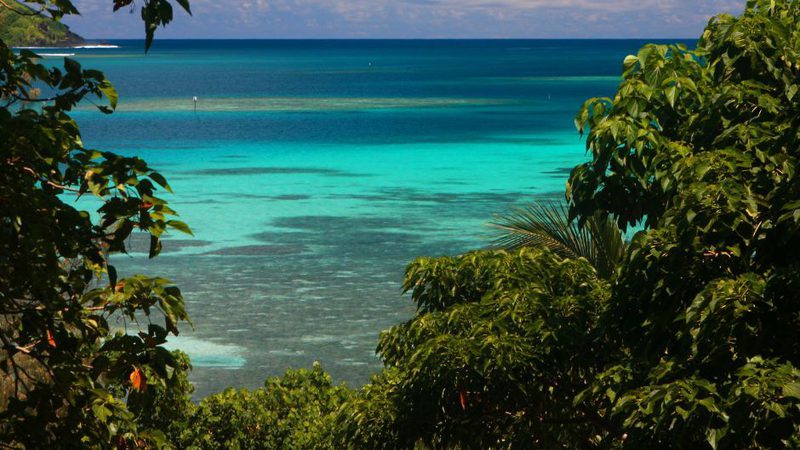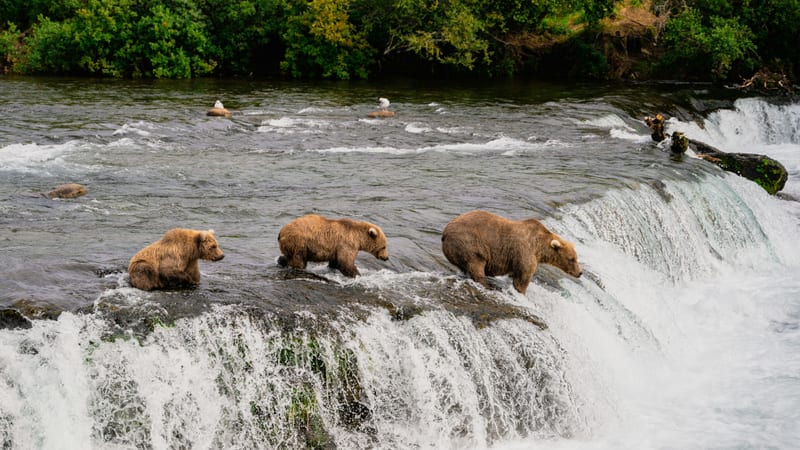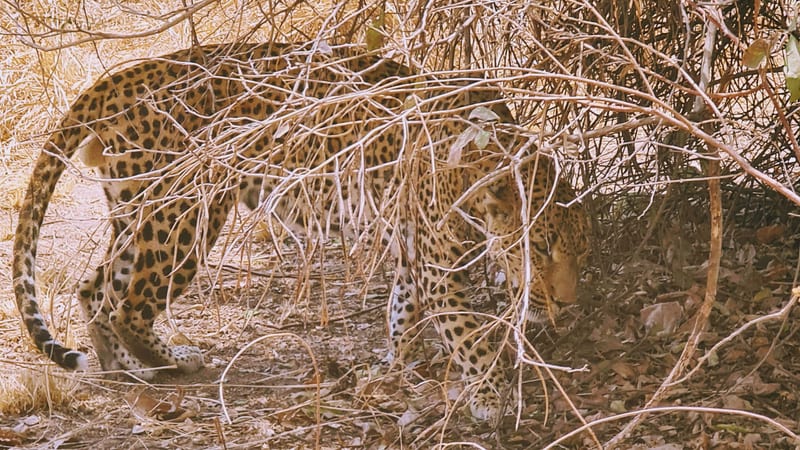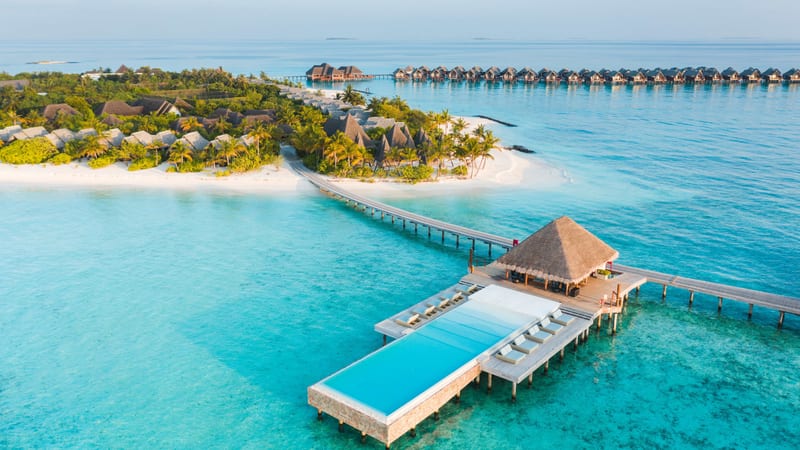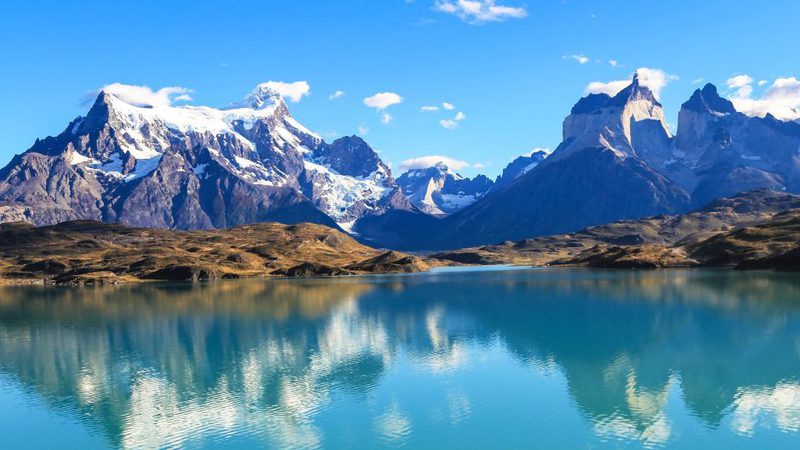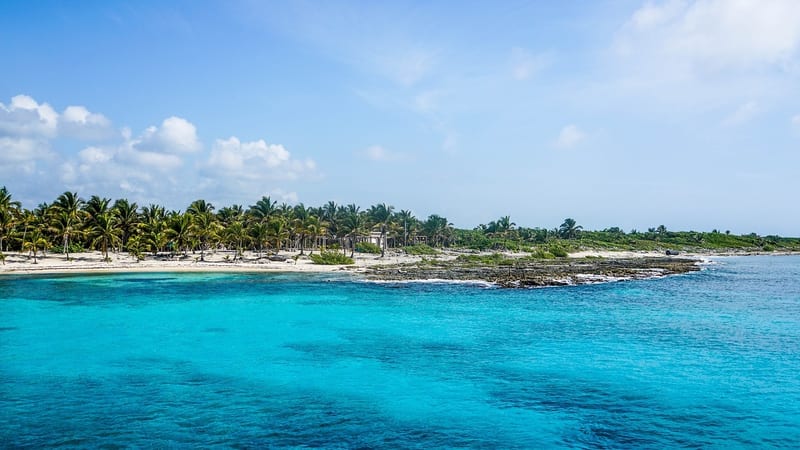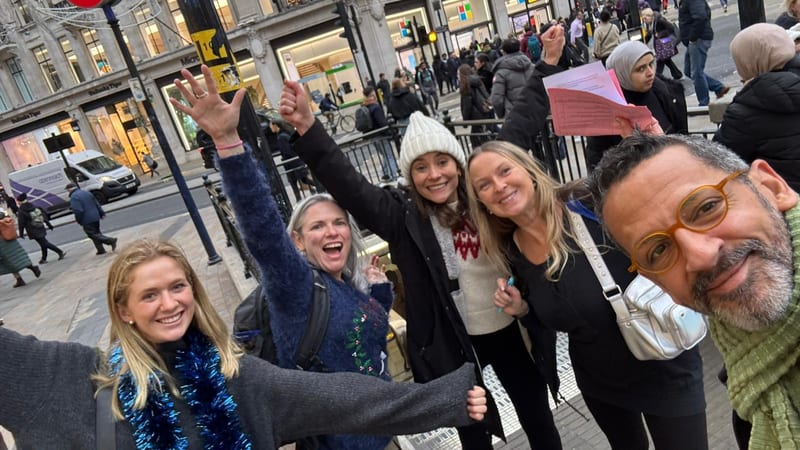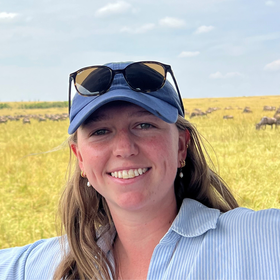Home to the second biggest Wildebeest Migration in Africa
Location
Tucked into the heart of Liuwa Plain National Park in western Zambia, King Lewanika Lodge is the only permanent camp in this extraordinary wilderness. Remote and truly untouched, the surrounding plains stretch endlessly to the horizon, home to Africa’s second-largest wildebeest migration and a rich tapestry of wildlife.
Rooms
With just six canvas-and-thatch villas (including one spacious family suite), King Lewanika is wonderfully exclusive. Each suite is raised on a timber platform with sweeping views of the plains, so whether you're relaxing in the open-air lounge, falling asleep beneath a canvas roof, or showering under the stars, you always feel part of the landscape. The design is elegant, blending natural textures with vintage safari touches and subtle, earthy tones.
Amenities
The main area is open-fronted and inviting, centred around a relaxed lounge and dining space where stories are shared over excellent food and a glass of wine. There’s a real sense of calm here - you can slip away with a book, settle by the firepit as the sun sets, or simply watch the world drift past from your deck. There’s no Wi-Fi, no distractions - just space to fully unwind.
Activities
Game drives here are a joy, especially during migration season when thousands of wildebeest thunder across the plains. You’ll also head out on walking safaris, spot leopards and cheetah, or paddle through seasonal channels by canoe. There’s even a hide by the riverbank for quiet wildlife watching. Guests love how immersive and varied the experience feels, with exceptional guiding and few other vehicles around.
Sustainability
Built and run in partnership with African Parks, the lodge supports significant anti-poaching work and wildlife reintroductions, contributing to the park’s ecological resurgence. The park is now a conservation success story, with wildlife, such as lions, cheetahs, hyenas, and Africa’s second-largest wildebeest migration thriving once again. Since opening in 2019, the lodge has also become a catalyst for community investment, helping fund local schools, clinics, water wells, and employment in nearby villages such as Sibemi and Munde.
Best places to stay in Liuwa Plain National Park
Liuwa Plain National Park Trip Inspiration
When to go to Zambia
Find out the best time to visit Zambia with our month by month guide.
- Best
- Good
- Mixed
- Jan
- Feb
- Mar
- Apr
- May
- Jun
- Jul
- Aug
- Sep
- Oct
- Nov
- Dec
January
January is a good time to visit Victoria Falls, but the rest of the country is very humid and wet leading to many camps shutting during January.
February
February remains wet, so its a good month to visit the thundering Victoria Falls, however only a few camps stay open for boating and walking. The rains have created lush vegetation, during this time of year it is alive with the sound of migratory birds in their breeding plumage, an excellent time for birders to visit Zambia.
March
If you want to witness Vic Falls at its fullest, March is the month to visit, with huge volumes of spray often obscuring the view. The birding is still magnificent in March, and camps offer fantastic value for money as there are no crowds.
April
In April the weather starts to dry, however rain remains a prominent feature of April. In the Lower Zambezi National Park, lush vegetation is at its thickest making animals more difficult to spot. April is seen to be the best time of year to witness the rarely seen Wild Dog in South Luangwa National Park.
May
May is a mixed month, the onset of the dry season means rains are unlikely, however access to certain camps is tricky due to sodden grounds. Game viewing in South Luangwa and Lower Zambezi begin to improve as the vegetation things and waterholes begin to dry up, forcing wildlife together.
June
June is a great time to visit Zambia, the ground starts to dry out and camps are offering excellent deals and there are few visitors to share safari vehicles so you may have some areas to yourself.
July
July is high season, temperatures rise and all the camps are officially open. If you want to see game then South Luangwa is the best option, whereas the Lower Zambezi is perfect for river cruises and fishing.
Victoria falls is at its best, without being overly wet and clouded with spray.
August
August's hot and dry weather kicks off what Zambia is famous for, walking safaris. It is the prime time to combine game viewing with Victoria Falls.
September
Temperatures sore in September reaching high 20's making the long days particularly pleasant. This month sees Carmine Bee Eaters arrive, flocks of hundreds nest in river banks providing a thrilling spectacle of colour and sound.
October
October sees temperatures sore again, game viewing is best done in the early mornings to avoid the hot midday sun.
November
November brings the start of the rainy season, but the good news is the sporadic showers are not too disruptive and visitors get to see dramatic skies and stormy skies brewing. Temperatures are high and it can be humid, but the mixed weather brings great value stays. Plus many young animals are being born, making it a fantastic time to see the parks come to life.
December
The rainy season is in full force in December, grasslands begin to lengthen, foliage thickens and game viewing becomes a little trickier. The rivers rise and dependant on water levels travellers can visit 'devils pool' at Vic Falls, providing high excitement and a head for heights needed if you want to get close to the drop off.
Speak to a Zambia expert today
and start planning your tailor-made holiday

Alistair
